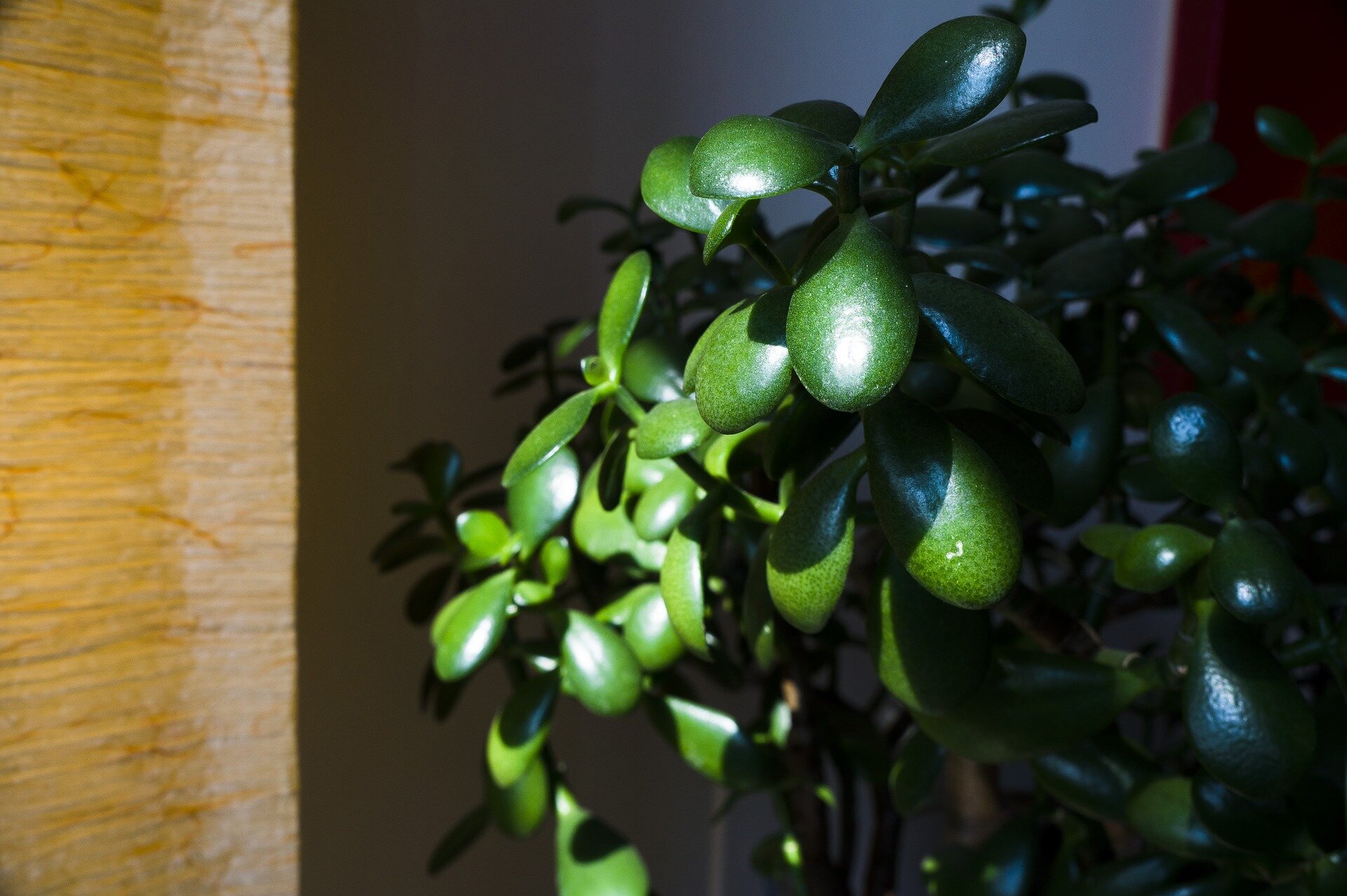What you want, when you want it
I gave away a beautiful jade plant. It will only take a few years to grow another. (Image by rConceptz)
It’s an irony of life that the more desperate you are for a thing that you want, the more elusive that thing is.
And when you already have plenty, it’s easy to come by.
How do you get from one state to the other? I believe that such a shift is related to a shift in our habits. And while changing our habits is difficult, it’s a worthy effort that can allow us to transform aspects of our very identity that we thought were immutable.
I have always struggled with receiving gifts. As a kid, I didn’t trust that I would have all the things I needed, and I wanted things that were beyond my family’s gift-giving budget. So my response to a gift would either be euphoria or poorly hidden dismay. I worked to moderate this in adulthood, but gifts were still a source of anxiety.
I was bemused when I observed my sister-in-law’s response to receiving gifts. Whenever she opened a present, Kristy politely said, “Thank you,” and that was it. Even if it was exactly what she wanted — and it was always exactly what she wanted. Where was the jumping up and down and hugging the gift-giver? Was she ungrateful?
Over dinner one night, I learned more about Kristy’s childhood. Like me, she grew up as one of four children; unlike me, her mother worked at Toys”R”Us. And every so often, Toys”R”Us would close down early and invite all of the employees’ families to the store for the evening. The children got to pull toys off of the shelves and play with them, and then their parents could purchase them at a discount.
“Even the Barbie aisle?”
Even the Barbie aisle. My inner eight-year-old was flabbergasted. And my adult self connected the dots. To Kristy and her family, toys were no big deal. So presents were no big deal. Nice to have, but neither necessary nor a burden. Of course she is used to getting what she wants and graciously accepts whatever she gets. Her low-key response to receiving a gift isn’t a lack of gratitude — it’s precisely the opposite. Gratitude is a lifelong habit.
I can see that there are certain aspects of my life where I approach things that way. When I’m learning a new skill, I know I won’t get frustrated to the point of tears: I know how to just have fun and enjoy the process. When it comes to clients and employees, I easily find wonderful people. These are areas where I experience no struggle, only ease and abundance. I get what I want, when I want it.
Other areas, like finances and relationships, have been more difficult over the years. I have discovered that I can change my habits in these areas to match the more successful parts of my life. The struggle is optional.
I don’t have to be desperate, and I don’t need to weep with joy over things, either. Like Kristy, I can channel my inner Toys”R”Us kid and cultivate a sense of quiet expectation that I will have what I want and need.
The other day, one of my longtime clients, who has become a dear friend, gave me a beautiful guitar. I do already own more guitars than any person should. And yet I was deeply moved by the gesture. I don’t need a guitar — and that’s why I was so delighted to receive this one. I said, “Thank you.”





